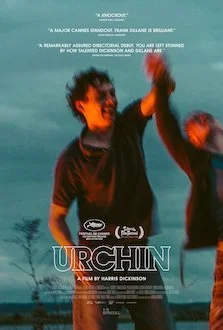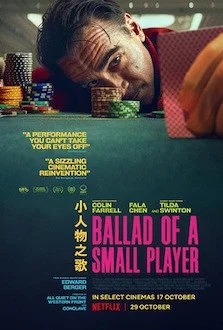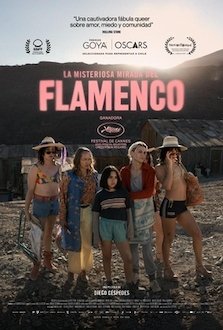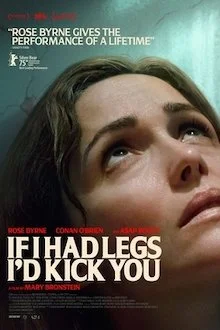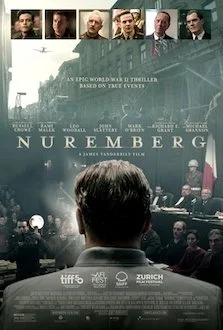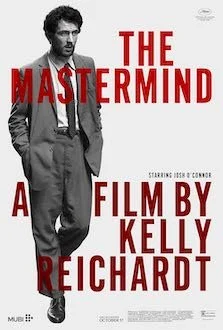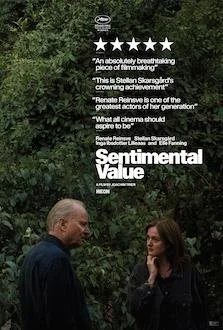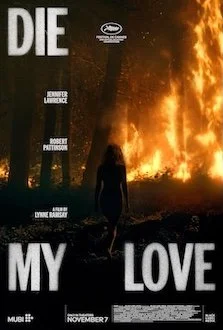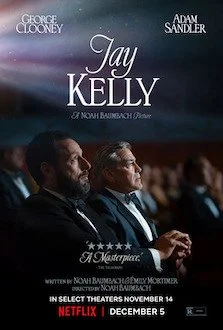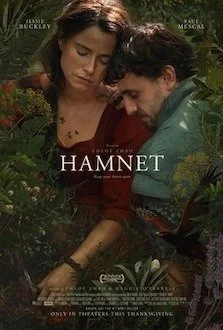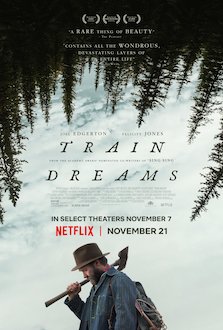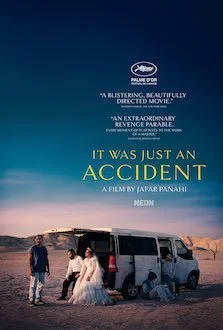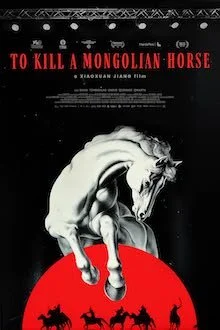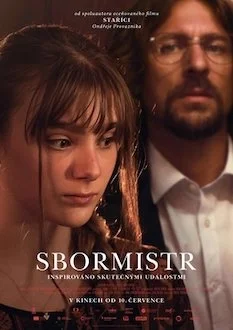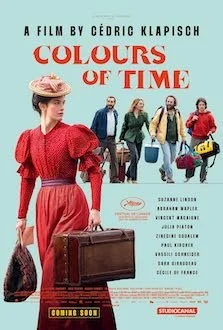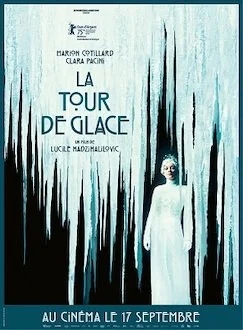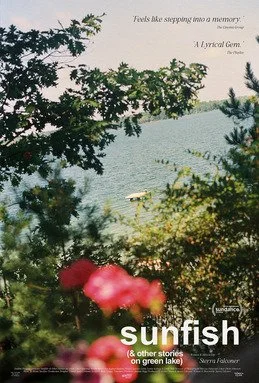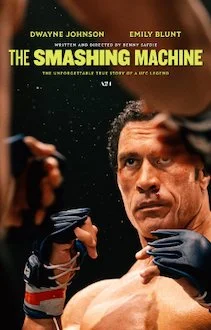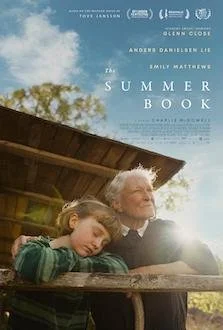Direction: Harris Dickinson
Country: UK
Urchin, a pungent and desolate drama written and directed by debutant Harris Dickinson, confronts the trauma of abandonment, homelessness, and the brutal cycles of addiction and relapse with a realistic, sensitive touch. Unpolished by design and deliberately loose in structure, this compelling tale offers a painfully accurate portrait of addiction and failed rehabilitation. It rings true largely thanks to a fearless performance by Frank Dillane, who makes it unmistakably clear that surviving as a homeless junkie is an exhausting, corrosive existence. He carries the film on his back with gritty conviction, anchoring a work that may be rough around the edges but remains intoxicating absorbing.
Dillane plays Michael Wiltshire, a volatile drug abuser drifting through Dalston, East London, who violently assaults a man trying to help him. Following his release from jail, Michael is offered second chances and encounters new people who briefly suggest the possibility of change. But whether he can find happiness, stability, or even a sense of purpose remains painfully uncertain. What makes the character so unsettling is how Michael appears paradoxically both in love with and repelled by his own impulses and self-destructive behavior.
Urchin avoids the trappings of dour social realism, yet it does not flinch from exposing the devastating toll drugs take on individuals and those around them. Merciless and unsettling, it is a tightly focused indie drama perfectly scaled to the towering performance at its center. Dickinson announces himself as a filmmaker worth watching, and Dillane confirms a formidable talent whose future work deserves close attention.

